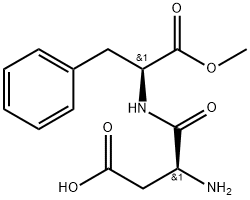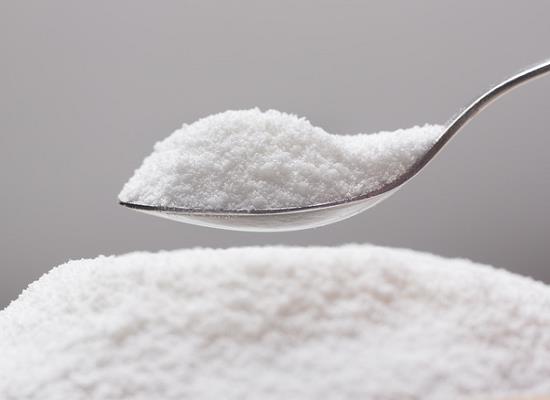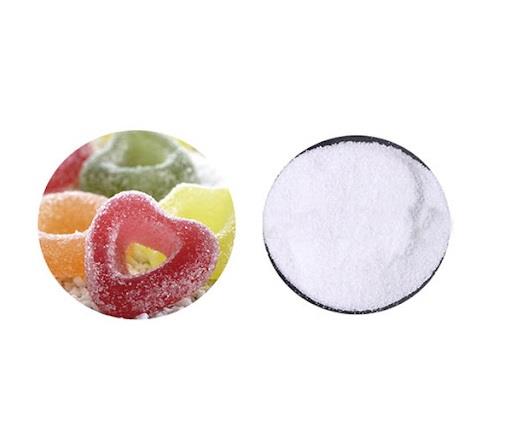The applications and Health effects of Aspartame
Description
Aspartame (APM) is an artificial non-saccharide sweetener used as a sugar substitute in some foods and beverages. It is a methyl ester of the aspartic acid/phenylalanine dipeptide. Aspartame was first made in 1965 and approved for use in food products by the U.S. Food and Drug Administration (FDA) in 1981.
applications
Aspartame is around 180-200 times sweeter than sucrose (table sugar). Due to this property, even though aspartame produces four kilocalories of energy per gram (17 kJ/g) when metabolized, the quantity of aspartame needed to produce a sweet taste is so small that its caloric contribution is negligible. The sweetness of aspartame lasts longer than that of sucrose, so it is often blended with other artificial sweeteners such as acesulfame potassium to produce an overall taste more like that of sugar.
Health effects
The safety of aspartame has been studied since its discovery.Aspartame is one of the most rigorously tested food ingredients. As of 2017, systematic reviews and meta-analyses of different types of evidence lead to different conclusions. Observational cohort studies show no or some correlation with negative health outcomes such as diabetes, heart disease and increased body mass index (BMI),though without providing conclusions about cause and effect for whether people could be consuming sweeteners because they have poor health, or whether they have poor health because they consume sweeteners.Randomized controlled trials instead show no or some causal positive health outcomes for the same health metrics.
You may like
Related articles And Qustion
Lastest Price from Aspartame manufacturers

US $0.00-0.00/kgs2025-06-20
- CAS:
- 22839-47-0
- Min. Order:
- 25kgs
- Purity:
- ≥99.0%
- Supply Ability:
- 100 tons

US $1.00/PCS2025-04-21
- CAS:
- 22839-47-0
- Min. Order:
- 1PCS
- Purity:
- 99%
- Supply Ability:
- 10mt


